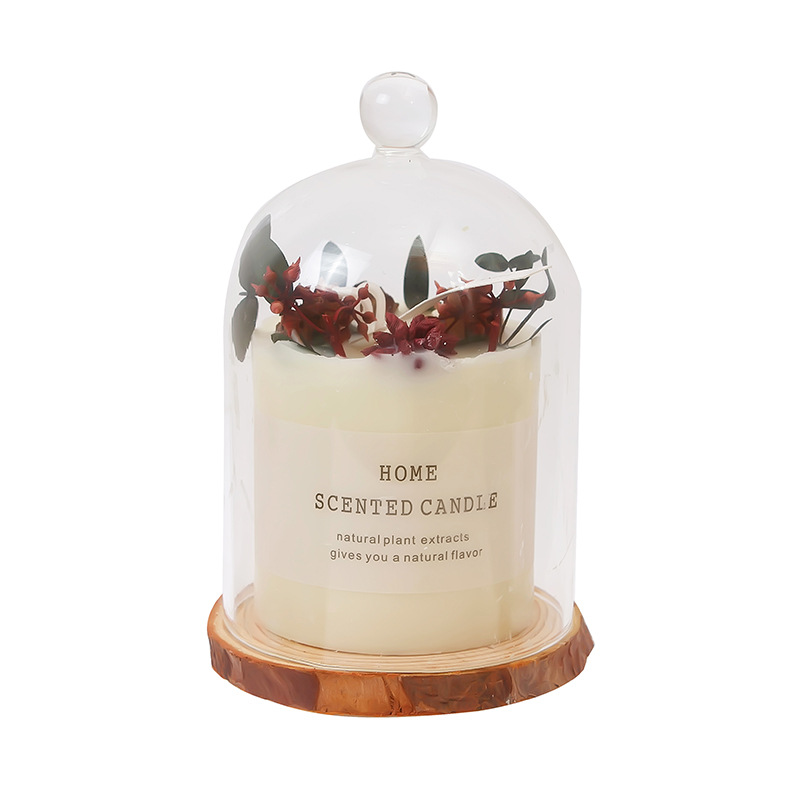Oriental Culture and Creativity Inspired Fragrance Journey | ScentSerenade
Important Oils in Your Tea: Drink or Skip? The Bitter Reality About Ingesting Nature’s Liquid Gold
(Consuming Essential Oils: Is It Safe?)
Image this: You’re sipping a steaming cup of lemon-ginger tea, and a buddy delicately recommends adding a decrease of lemon crucial oil for an “extra detoxification boost.” Sounds safe, right? Nevertheless, vital oils are all-natural, plant-based, and scent like a day spa in a bottle. Yet prior to you turn your cup into a mixed drink of lavender cappucinos or peppermint remedies, allow’s untangle the juicy (and in some cases alarming) information concerning ingesting these potent removes. Looter: Your intestine may not thank you for it.
** Crucial Oils 101: Not Your Ordinary Kitchen Area Component **.
Vital oils are the concentrated essence of plants– think about them as the superhero version of herbs. It takes extra pounds of petals, leaves, or peels off to generate a single small bottle. For example, one decrease of pepper mint oil equals approximately 28 cups of peppermint tea. That’s a * whole lot * of mint. While diffusing lavender to loosen up or swabbing tea tree oil on an acne prevails, the concept of consuming these giants is where points get unsafe.
** The “All-natural” Catch: Why Pure Doesn’t Mean Safe **.
Right here’s the twist: Just because something is all-natural does not imply it’s risk-free to eat. Toxin ivy is natural also, however you won’t capture anyone spraying it on salad. Essential oils are no different. Their high concentration means even a little dose can irritate your mouth, throat, or stomach. Some oils, like eucalyptus or wintergreen, consist of substances that can be harmful in tiny amounts, leading to nausea or vomiting, liver damage, or worse. Keep in mind, plants developed these chemicals to repel predators– not to be your afternoon pick-me-up.
** The Instagram Impact: When Wellness Trends Clash with Science **.
Social network is flooded with influencers proclaiming lemon oil in water for “cleansing” or oregano oil as a “all-natural antibiotic.” Yet right here’s the truth check: There’s little scientific proof supporting these insurance claims. The FDA does not regulate vital oils for ingestion, and lots of bottles even consist of a “not for inner usage” tag. Yet, the appeal of fast fixes and #ThatOilLife keeps the trend bubbling. One viral post concerning cinnamon oil healing aching throats shouldn’t surpass decades of toxicology study, right?
** When “Oops” Comes To Be an Emergency Room Trip: Real-Life Horror Stories **.
Let’s get real. In 2018, a Tennessee woman landed in the health center after including a couple of drops of crucial oil to her water, causing extreme chemical burns in her esophagus. One more case entailed a teenager who ingested menthol oil for fresher breath and ended up with seizures. These aren’t freak crashes– they’re reminders that oils and inner body organs do not always blend. Also oils marketed as “food-grade” can be risky without exact dosing advice from a pro.
** The Safe( r) Side of the Coin: How to Love Oils Without Ingesting Them **.
Do not toss your oil collection yet! Vital oils can still shine in much safer, science-backed methods:.
– ** Breathe deep: ** Diffusing oils like eucalyptus or frankincense can soothe sinuses or relax your mind.
– ** Skin TLC: ** Thinned down oils (combined with carrier oils like coconut or jojoba) can pamper your skin– just patch-test initially!
– ** DIY cleansing: ** Tea tree oil is a germ-busting superstar for homemade surface sprays.
** The Final Decrease **.
(Consuming Essential Oils: Is It Safe?)
Crucial oils are like fire: Handled sensibly, they’re enchanting. Handled recklessly, they shed. Unless a qualified aromatherapist or physician provides you the thumbs-up, keep oils out of your mouth. Your body isn’t a diffuser, and nature’s liquid gold is best enjoyed with a side of caution. So next time someone provides you a “wellness shot” of oregano oil? Smile, nod, and perhaps simply … miss the sip.



